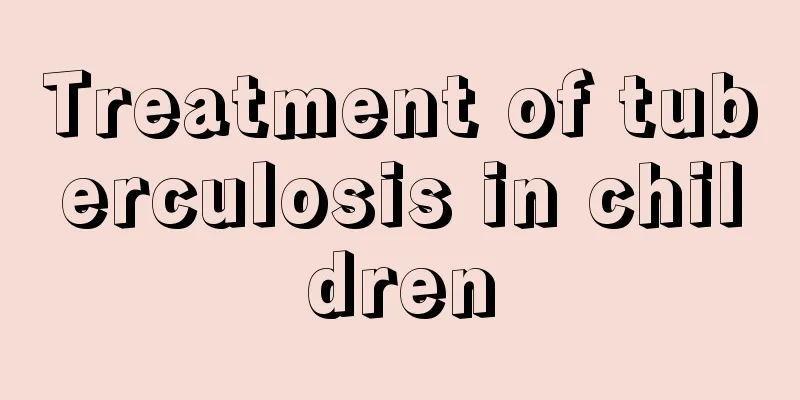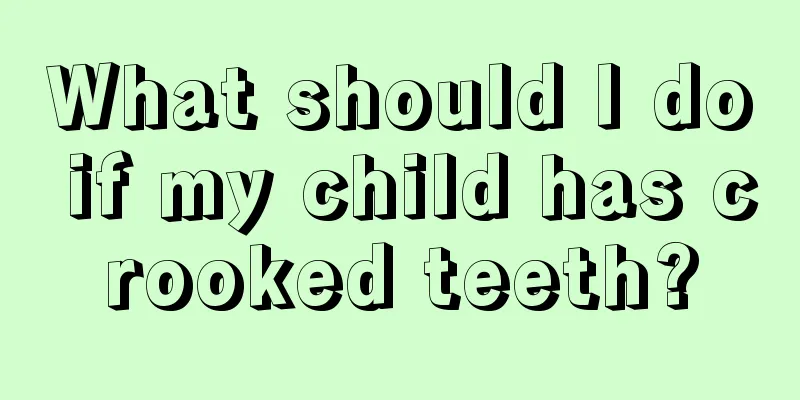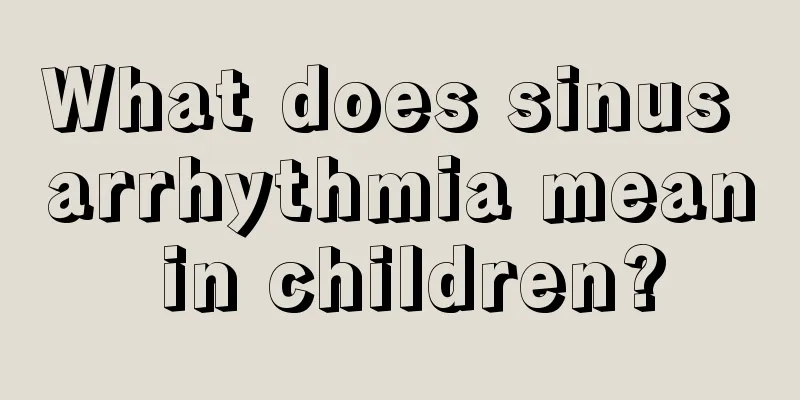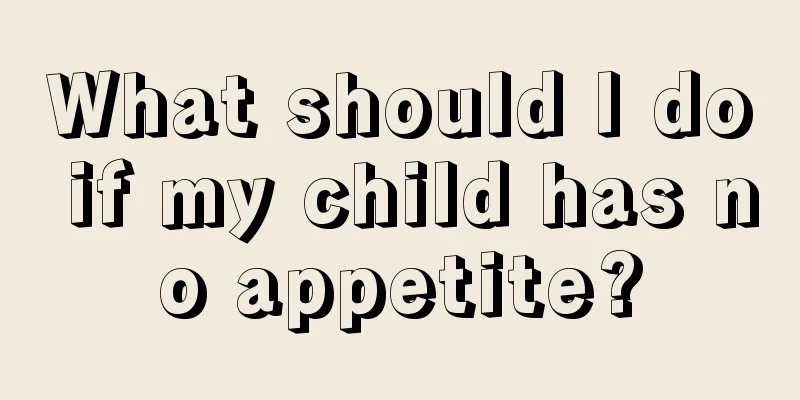How to treat oral herpes in children?
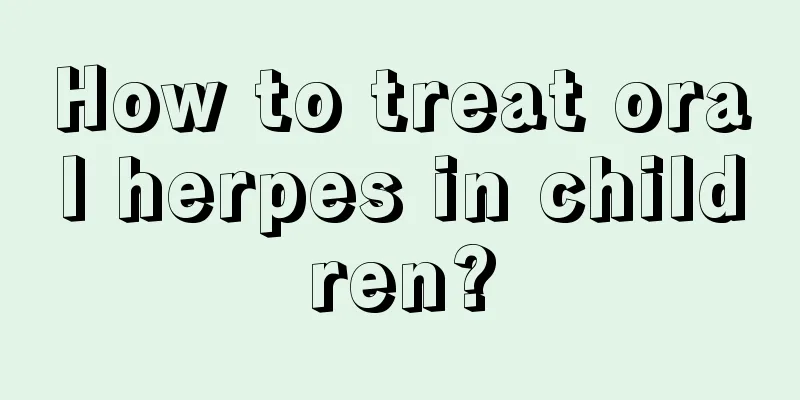
|
Oral herpes is a relatively common skin disease in children, often occurring in infants and young children under six years old. Children are prone to fever, headache, and general discomfort. It often causes congestion of the oral mucosa and the formation of small blisters. At this time, timely treatment is required. In addition, good conditioning should be strengthened, and children should be taught to develop good oral hygiene habits, etc. Herpes labialis is more common in children, and the general treatment is relatively conservative. The treatment methods for herpes labialis are: 1. For patients who are infected with herpes simplex virus for the first time, oral antiviral drugs are given, and the general course of treatment is 5-10 days to recover. 2. For recurrent patients, oral antiviral drugs should be given within 24 hours of the onset of prodromal symptoms such as local burning sensation. The course of treatment usually takes 5 days. 3. Keep the affected area dry and do not scratch the herpes to prevent secondary infection after rupture. You can apply antiviral ointment to the affected area. 4. Eat more foods rich in B vitamins and vitamin C, and eat less or no arginine-rich foods such as chocolate, peanuts, cashews, beer, etc., to avoid inducing herpes. 5. Use over-the-counter anesthetics. Applying a topical anesthetic cream containing benzocaine to the cold sore can temporarily numb the nerves and relieve pain. When symptoms related to oral herpes occur, in addition to taking medication, patients should also pay attention to the following: 1. Relax When symptoms occur, you can reduce stress by doing some relaxing exercises. For example, listening to music, taking a walk, swimming, etc. 2. Keep the affected area dry If your cold sore isn't too serious, you may want to ignore it. But make sure the cold sore is dry, and if an abscess develops, see a doctor to determine the extent of the bacterial infection. 3. Change your toothbrush The herpes simplex virus can live on your toothbrush for a while, making you susceptible to reinfection after you recover. Throw away your toothbrush when you notice that you have a viral infection again. If you still get cold sores, throw away your toothbrush after the blister forms. This can prevent multiple herpes outbreaks. Once the herpes has completely healed, change your toothbrush. |
<<: How do children take intestinal worm clearing?
>>: How to treat and prevent synovitis in children
Recommend
What vitamin D is good for newborns?
Babies generally need to be supplemented with vit...
The child suddenly has leg pain and cannot walk
Many parents have reported that their children ha...
What should I do if my deciduous teeth don’t fall out?
When many babies reach the age of changing teeth,...
What to do if your newborn is easily frightened
After a newborn is frightened, you must call out ...
What are the dangers of a newborn baby eating too much?
Generally speaking, it is normal for a baby to ha...
Why are babies born with hemangiomas and what should parents do?
Some parents are very confused as to why their ba...
Will white spots on children disappear on their own?
When a child has any physical problems, it will c...
Primary school students holiday schedule
Every parent has the long-cherished wish that the...
What should I do if my son has body odor?
Parents whose children suffer from body odor are ...
How to relieve fever caused by viral cold in children
Newborns have relatively poor immunity and are ve...
Can deciduous teeth be filled?
From the time a child is born to the time he or s...
Causes of Henoch-Schonlein Purpura in Children
Children's physical health is an issue that p...
Newborn baby choked on amniotic fluid
Amniotic fluid is a very important substance. It ...
Ear deformity in children
Due to various reasons, modern people are very li...
Why is the tongue spotted on a child?
The tongue is a very soft tissue because it is ma...

